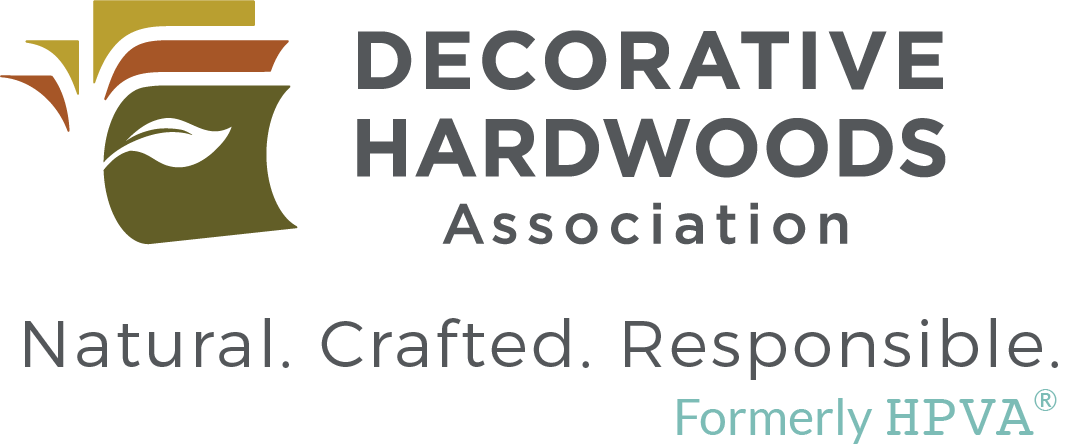DHA eNews - Coronavirus Update: China Announces It's Back To Work
China's manufacturing sector has steadily resumed production, with 98.6% of major industrial firms nationwide having restarted work as of March 28. The wood products industry was shut down in Quebec and New Zealand; Australia and India have been hit hard. See the eNews compilation of relevant news and market information for details on these stories and more.

The U.S. Department of Homeland Security has declared that the forest products industry is vital and that our supply chains are essential. Read more about changes to laws, declarations, and regulations as a result of the coronavirus pandemic, as they relate to our industry and business in general.
The $6.1 trillion federal assistance program to address the coronavirus pandemic includes assistance for businesses and individuals. See details about this program and more online.
Congress has passed the COVID-19 CARES Act, which includes provisions to help small businesses. Read more about this story and see links to industry associations, media, and governments who are providing information and tools to navigate this new landscape.
The Decorative Hardwoods Association postponed its 99th Annual Meeting from June until October. We're not alone, here's a listing of industry conferences and events affected by the coronavirus, with updates as they become available.
The detailed interactive map created by Johns Hopkins University tracks the spread of the coronavirus across the globe.
In response to China's unfair trade practices, the U.S. International Trade Commission, in a unanimous vote on March 24, issued antidumping and countervailing duties on wooden kitchen cabinets and vanities. Almost all Chinese manufacturers will have to pay combined AD/CVD of about 59%. The 301 duties of 35% will also apply. The order will remain in effect for a minimum of five years. Evasion, absorption, or circumvention of these duties is strictly illegal.
On March 13, the Canadian House of Commons and Senate approved legislation to implement the United States-Mexico-Canada Agreement. All countries have now ratified the agreement and must prepare uniform regulations for new provisions in the agreement.
In the first two months of this year, Vietnam's wood products exports reached $1.53 billion, an increase of more than 10% vs. last year. Experts predict that the digital revolution forced by COVID-19 will drive Vietnam to switch to more online business with overseas customers.
Timber Products is donating N95 masks to help support the fight against the spread of COVID-19 and protect healthcare employees. The company's particle board facility in Medford, OR donated 1,000 3M N95 masks to the Asante Rogue Regional Medical Center and its Grants Pass facility donated masks to Three Rivers Hospital.
U.S. furniture and bedding companies and their suppliers are working together to get approval from the federal government to manufacture medical masks that are in short supply.
As a business that supports the forest products, building products, and transportation industries, HPVA Laboratories® is part of the essential critical infrastructure workforce. The laboratory will remain open and is working hard to ensure all current and new projects proceed smoothly.
This week marks the laboratory's official name change: HPVA Laboratories® has officially rebranded to Capital Testing and Certification Services to better encompass its full range of certification and testing services.
Source: Capital Testing
Simon Counsell, former executive director of the Rainforest Foundation UK, has raised questions about the value of certification by the Forest Stewardship Council, stating that there is a "race to the bottom" in terms of the rigor of its audits. FSC audits are carried out not by the FSC itself but by about 80 certification assessment organizations. Those who are more lenient are more likely to get ongoing business.
With increasing travel restrictions due to COVID-19, the FSC has updated the derogation that allows certification bodies who cannot conduct onsite audits to either postpone the audit or replace it with a desk audit. To make up for the difference in the intensity of the audit, the FSC is creating additional reporting requirements.





